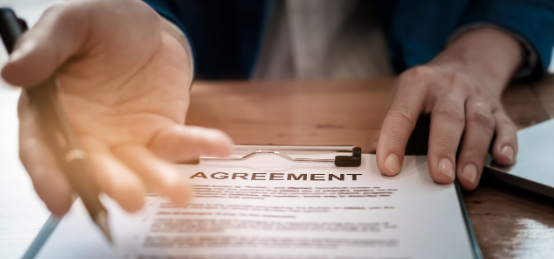Before entering into a directors personal guarantee, it’s very important to understand the features and obligations of this type of personal indemnity. Let’s take a closer look.

What is a director’s personal guarantee?
A directors personal guarantee is taken out by a director when a business wants to borrow money but lacks the assets or security to offer to the lender against the loan. Most lenders will offer secured loans to businesses, especially for larger sums, which must be secured in some way by collateral. Where the business is new or lacks this collateral, directors can offer their own directors personal guarantee which effectively puts their own assets up against the loan.
What happens if the loan defaults
A directors personal guarantee means that if the business defaults on its loan, the lender can go after the director(s) for the value of their directors personal guarantee. This means that they can seize and sell their assets, including their home, for the value of the outstanding principal. This is a fact that some people do not appreciate when considering taking out secured business finance.
The directors personal guarantee is a risk and that is the most important thing to know. Effectively it transfers the risk of a loan default away from the business, to the individual director who then guarantees the loan, either alone or with other directors. This can mean that the individual director can go bankrupt personally if the business fails and defaults on its loan.

It’s also important to note that leaving a business or giving up a directorship does not automatically clear a personal guarantee. Under contract law, only the lender can do this, in writing and where another form of secured collateral is offered against the outstanding business finance.
